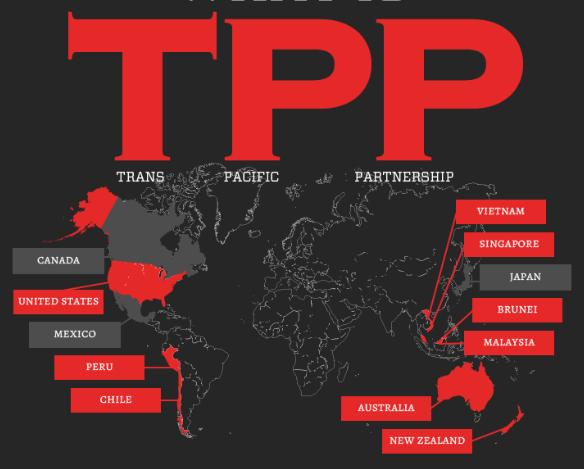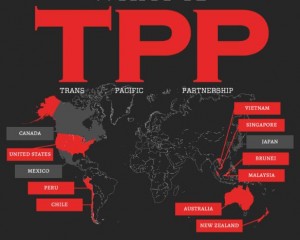 Rep. Ray Hull of Providence is proposing a bill that would require public utility companies to keep a customer service center in the state. Cox Communications is a publicly-licensed cable TV provider and it announced yesterday it is laying off 234 people from a West Warwick call center.
Rep. Ray Hull of Providence is proposing a bill that would require public utility companies to keep a customer service center in the state. Cox Communications is a publicly-licensed cable TV provider and it announced yesterday it is laying off 234 people from a West Warwick call center.
“Consolidations and mergers and acquisitions and other high-level corporate moves may be good for those businesses, but I’m not sure those moves are always in the best interest of their customers,” he said in a press release sent out this afternoon.
Cox cable announced yesterday that 234 people will lose their livelihoods working at a West Warwick call center because it wants to consolidate those operations elsewhere. Similarly, 500 people were laid off from Cox in San Diego, and 246 people are being let go in New Orleans.
But Hull, a Providence police officer from Mt. Pleasant, thinks he has a way to keep the Cox call center here in the Ocean State.
According to a House press release the bill “would require every public utility operated and licensed to provide services to the residents and businesses in Rhode Island to maintain a customer service operation physically located within the state, reasonably staffed to meet the expectations of the public. That customer service operation, under the provisions of the bill, would be available to answer customer inquiries, meet with customers, accept payment of bills and perform any other purpose that the Public Utilities Commission may direct.”
Cox is publicly licensed by the people of Rhode Island through the state Public Utilities Commission. According to the mission statement of the Cable Television Office:
“Cable TV companies require a franchise granted by the State to occupy the rights-of-way for the operation of a cable TV system. The Division evaluates company compliance with the requirements of the franchise in such areas as customer service, technical standards and public benefits. The Division regulates Basic Service tier rates and assists as an intermediary between the general public and the cable companies as may be necessary.”
Hull said, “It is not my intent with this legislation to stand in the way of good business activities or to meddle with corporate decisions,” said Representative Hull. “My intent is solely to make sure that Rhode Island customers who buy services from these utilities are properly and adequately served. “Attempts to lower costs and increase profits should never take precedence over the needs of the customers, or the services they provide to those customers.”



